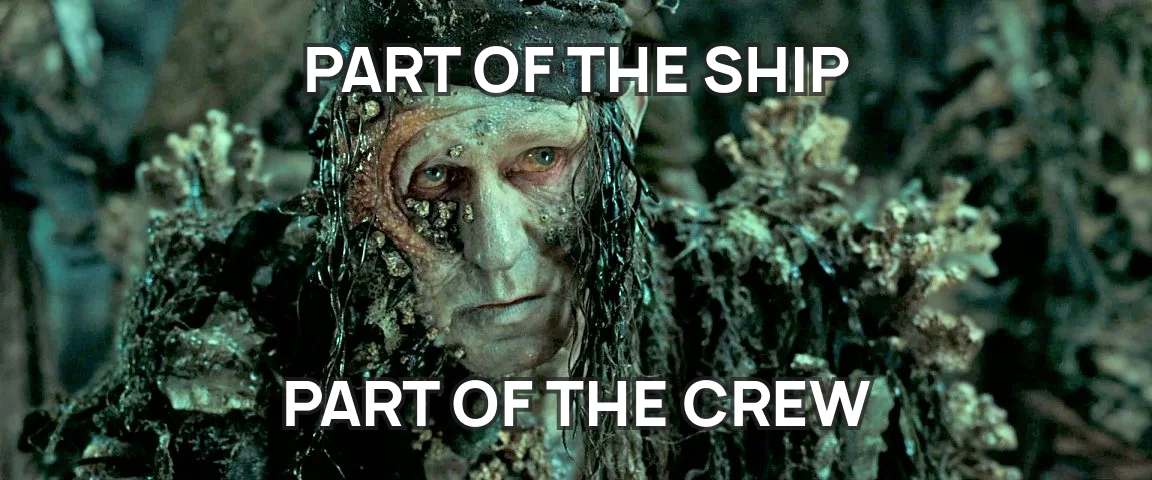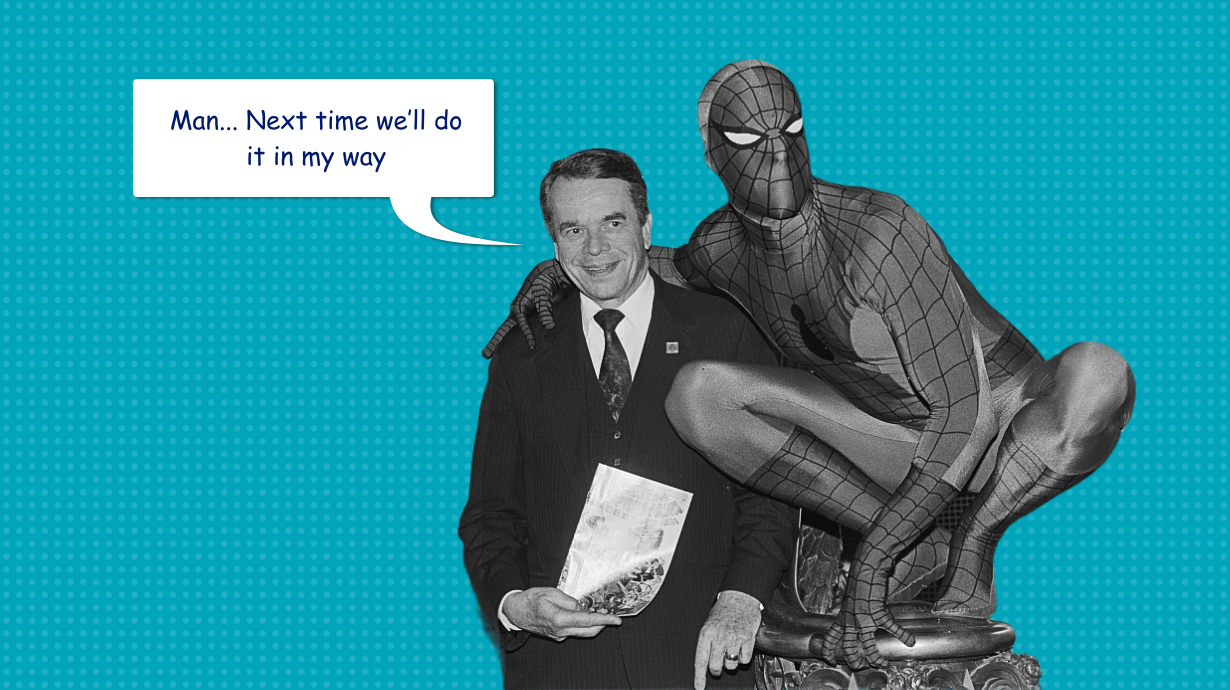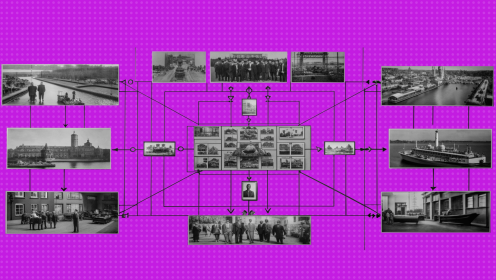Many times I have seen new managers immediately promise their bosses to triple the team's productivity. People work 24/7, stay in the workplace until night and even on weekends, receive criticism — and then for some reason massively quit.
Most people think that the more you do, the more results you get, the more productive you are. But productivity is the ratio of results to resources. The less resources you spend on achieving the goal, the better.
There are simple rules that can help you reduce your team's resource consumption, avoid conflicts and shifting responsibilities, demotivation. And as a result — to achieve the final goal without any losses.
Be positive in any situation
A negative attitude reduces the already insufficient resources of our brain. Therefore, try to always keep positive and constructive communication in the team. If someone offers something, it's already cool.
At the same time, try not to hesitate to give feedback and don't hide the negative inside — it never leads to anything good. But it is important to set yourself up to find a solution to the problem, and not to throw around the word or settle personal scores.
Don't reinvent the wheel
I don't like it when people say that "I can't do it, it's difficult for me, it won't work out". This happens when colleagues, employees, or even our loved ones are being lazy or try to "reinvent the wheel" instead of taking advantage of existing successful practices. Look for how this problem has already been solved. Adapt the solution to your project needs or personal goals. Set the wheels in motion and follow the results.
It is easier to come up with your own ideas based on someone else's experience.
Don't hesitate to ask for help
We can't be equally effective in all areas. Some are better at drawing, while others are good at learning languages. Being an extrovert in a team is normal, but introverts are really going through a hard time.
If something doesn't work out for you, don't be afraid to ask your colleagues or supervisor for help. The project is more likely to suffer not from your incompetence, but from the fact that you are silent about it.
Help others
In addition to the previous rule, don't forget to help your colleagues. As the old saying goes:

You only need to take the issue thoroughly not to do the work for others and not to allow yourself to overload, but to be ready to help and take the hit.
Don't slide into perfectionism
Perfect is the enemy of good. A productive team is always a balance: "do great" one thing or just "do" several things. The second option is often more effective, so do not slide into perfectionism. And don't give others a chance.
Pay attention to new things: trends, news, methods
See the trend? Remember it and share with others. Exchange your observations, conclusions, and initiate a discussion. The team must have a common vision for a specific project and for the entire industry. If a really good idea is left out, or you lose a great opportunity in the market, it will inevitably lead to failure.
Communicate with benefit
In a productive team, there are no inconclusive meetings, phone calls, or brainstorming sessions. You need to gather exclusively to solve a specific problem. To avoid wasting time, record the agreements, responsibilities, and other results of the meeting.
And unproductive "chatterers" who are ready to stop their work at any moment to participate in some other meeting should be removed.
Accept and distribute responsibility
Collective responsibility often breeds collective irresponsibility. Always make sure (if it is in your competence) that each task and each project has an observer — a person who controls all the stages and evaluates the final result.
Don't forget to find out what you are personally responsible for, as well as who will control your work. And pay more attention to your area of responsibility.
Don't try to be a genius
From time to time, strengthen and recheck your experience and knowledge.
"I always put 500,000 on my advertising budget at my previous workplace"
— not the best argument to support your promotion strategy.
"I calculated that by putting at least 500,000 rubles in the advertising budget, we will get the necessary coverage and profit"
— this argument is worth taking into account.
Try to prove your knowledge and experience using objective facts: figures, analytics, research, and best industry practices.
Consider the influence of the "weak link"
When creating a team, choose the best. In football, the strength of a team is determined not by the skills of the forwards, but by the endurance of the defense and center. The same is for project work — you need to quickly remove weak specialists from the team, so that they do not affect the final result.
Sync your goals
Each team member inevitably acts for their own personal purposes. For the team to be effective, these goals must coincide with the goals of the project, or at least they must be on the same side. If the goals differ, the team member will no longer benefit the team and the project.
Consider everyone's experience
Small daily tasks generate an abundance of small daily solutions. Listen to the opinions of your colleagues: each of them solves thousands of problems every day, and each of them has a good overview of their personal part of the project.
It will be useful to combine these small tactical solutions and apply them to solve strategic tasks. At the same time, you can achieve great results with less resources.
Turn your ego off
If you are not a touring superstar, try to reduce your level of claims and expectations while working as a team. Be multicultural: learn to support team values, as well as accept the values of each participant. No matter how strange they may seem. A positive mood, mutual respect and support will make your team even more effective.
It doesn't matter if you're running a team or just performing some tasks. Remember that "productivity" is not equal to "results". The team that follows the rules of collaboration and spends less resources on achieving the same results will be truly productive.


















